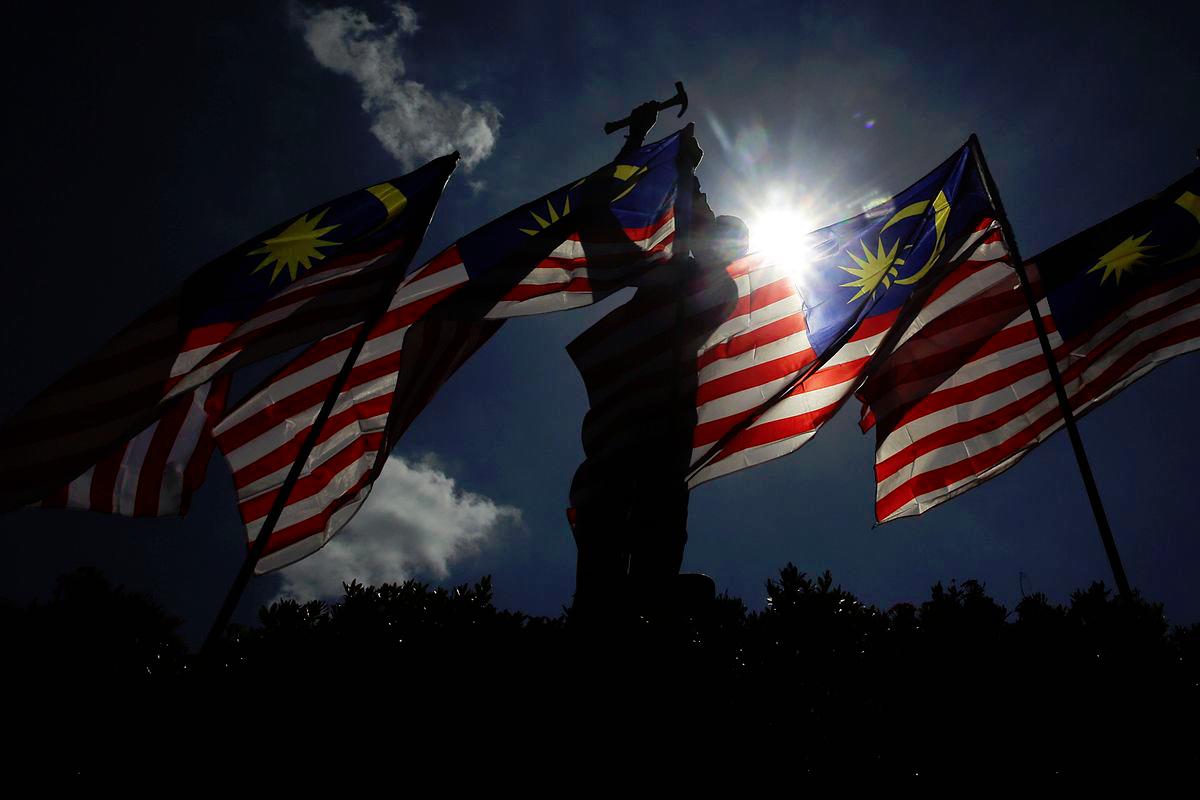MALAYSIA stands tall with its proud declarations – of harmony, faith and unity in diversity. Our national anthem speaks of blessings and loyalty.
Our Rukun Negara lays out noble aspirations. Political speeches, religious sermons and school mottos echo values such as integrity, compassion and justice.
However, somewhere between what we preach and how we live, a vast chasm has formed. It is not just a gap in misunderstanding; it is a crisis of conscience – a culture of hypocrisy that has taken root among individuals, the community and our institutions.
At the religious, doctrinal and ideological levels, hypocrisy has reared its ugly head. Malaysians who have been taught from young to value principles like humility, regular prayer, respect for elders and
the importance of honesty are increasingly living in contradiction to those very teachings.
This is not simply seen as human imperfection; it is, as the late Syed Hussein Alatas said in his book The Problem of Corruption (1986), a “moral lapse” embedded in our culture. Many of us profess religious devotion yet forget that the essence of religion lies in justice – not in ritual alone.
While Malaysia’s multiracial communities put on a commendable display of harmony – especially during festivals like Deepavali open houses, Hari Raya feasts and Chinese New Year greetings – the question remains: Is this genuine harmony or merely a performance?
Beyond the decorations and the performance of harmony and unity, stateless children remain invisible to the system; refugees, despite living here for years, are denied basic rights; and minorities often encounter quiet hostility and legal obstacles.
Many who preach moral values are quick to ostracise others – from single mothers to those of different sects. Social inclusion has become conditional, and empathy selective. This is the irony of Malaysian society.
Our institutions champion slogans like “integrity is our identity” and “zero tolerance for corruption” – but are they truly walking the talk?
Religious authorities, tasked with promoting piety and offering pastoral care too often resort to public shaming. Institutions meant to
serve the people frequently end up protecting only a select few.
Taboo topics involving race and religion are often avoided under the guise of “sensitivity”. Meanwhile, those who remain silent are rewarded while whistleblowers face punishment.
Malaysia does not lack talent, spirituality or decency. What it lacks is the moral courage to confront its own contradictions.
The challenge is to listen more instead of making judgements.
Malaysia’s true strength will not be measured by skyscrapers or slogans but whether it can hold a mirror to itself. And that mirror may be painful to look at but it is only through truth, not denial, that a nation can heal.
Let us hope that one day our moral conscience will grow louder than our hypocrisy.
K.T. Maran
Seremban









